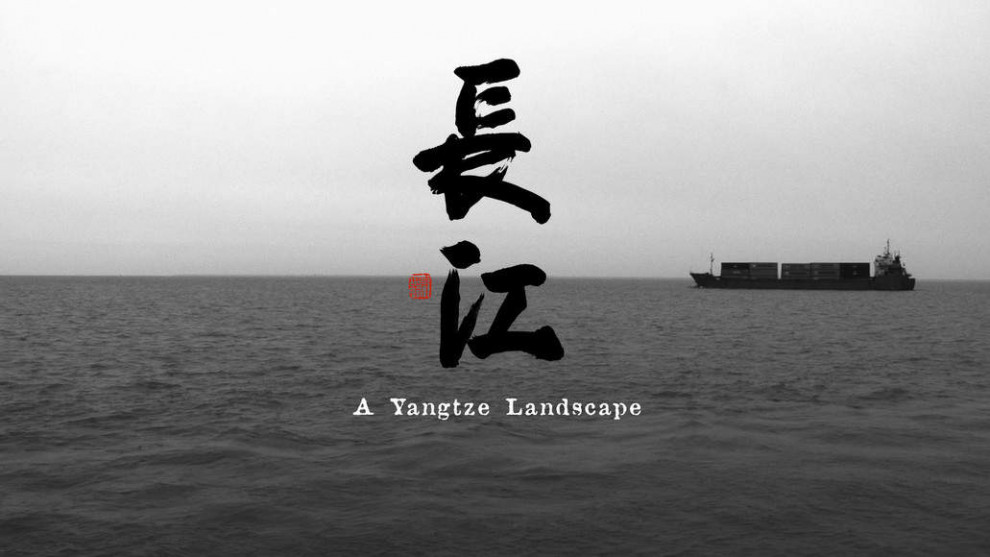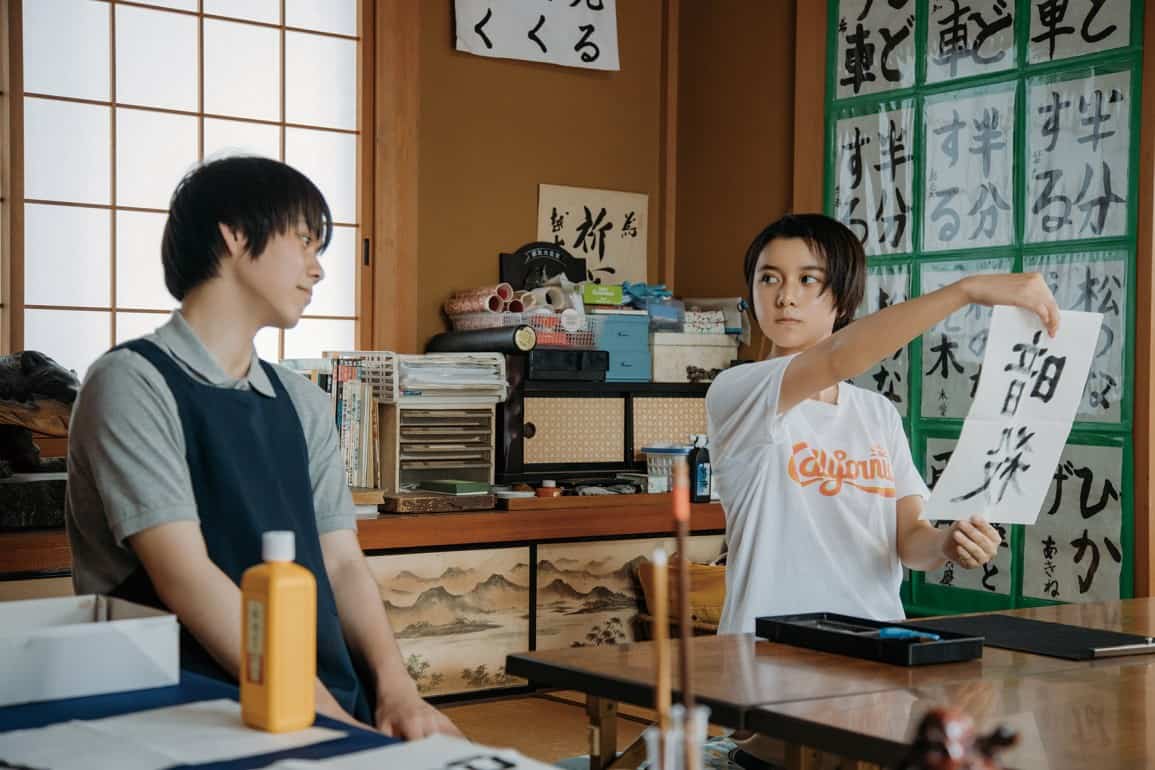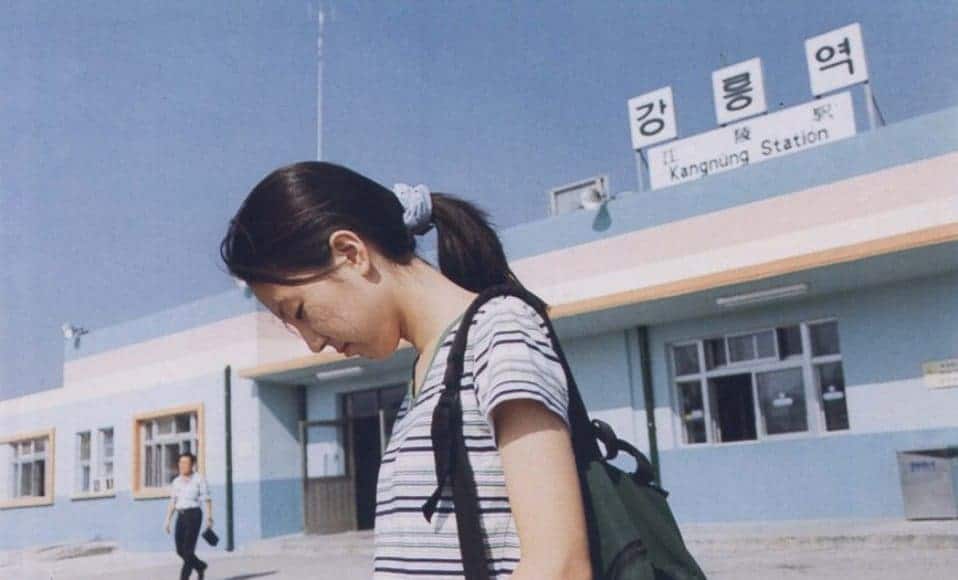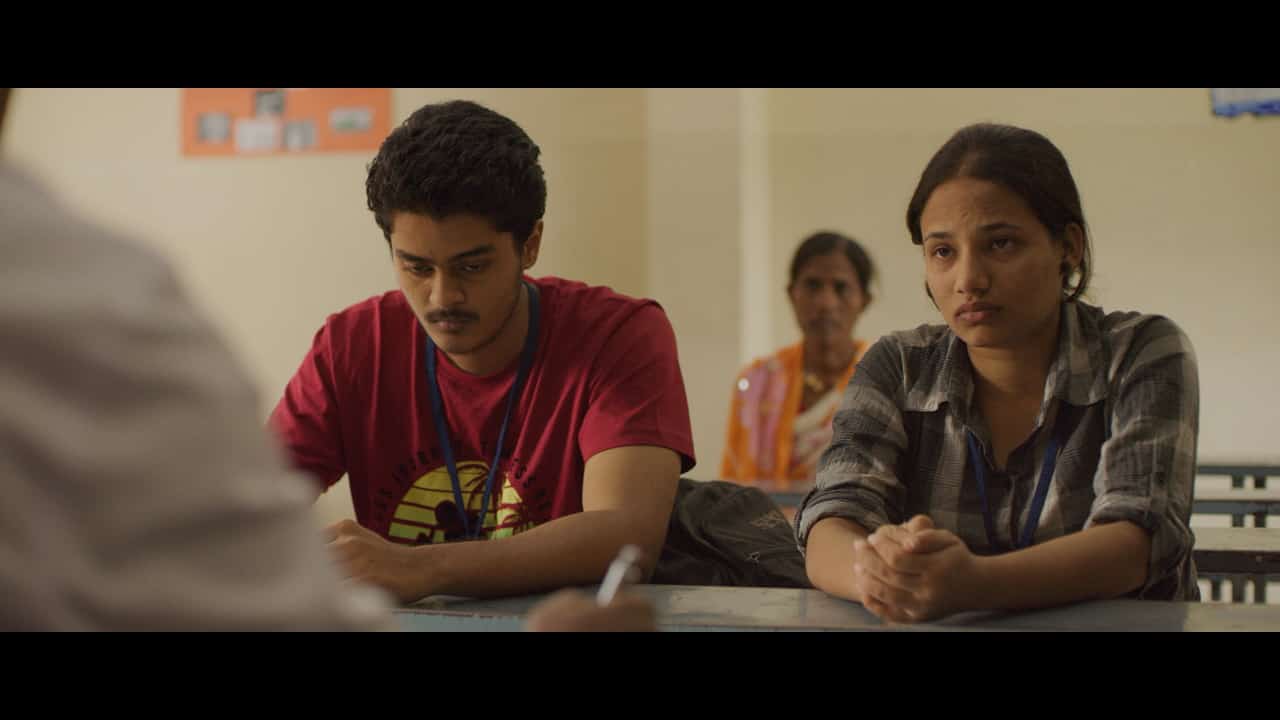This black and white documentary film is the second full feature made by Xu Xin, an independent Chinese filmmaker known for his open critique of current matters in his motherland via social media. His first work – 2010's “Karamay” was a bold six-hour documentary about the aftermath of the Karamay City Fire that took place in a local theatre in 1998. During the catastrophe a large group of school children and their teachers were forced to remain seated while the Communist Party officials were escorted outside. As a result nearly 300 kids lost their lives. His new work “A Yangtze Landscape” since its premiere on March 26th, 2017 at Cinéma du Réel – International Documentary Film Festival in Paris, has yet to be screened in China due to censorship.
“A Yangtze Landscape” is essentially a journey on this versatile river, starting at the east coast Port of Shanghai, progressing west, inward through China, finally reaching its source in Tibet. For most of the time we join Xu Xin to scan the river with its diverse surroundings, however during this voyage Xu Xin occasionally sets foot on land, mainly to watch simple folk attending to everyday work, but also to listen to them and seek inspiring thoughts.
While directed in a laconic fashion, it definitely doesn't lack things to say. Xu Xin allows his camera to linger on the Chinese landscape of the river that was once praised by Chairman Mao Zedong himself as “the Mother of China”.

Despite all its minimalism, Xin's work truly speaks for itself. These contemplative images, seemingly timid and calming, actually carry every shade of contemporary China's issues. As history tends to do, it sticks to peoples' lives, influencing their surroundings, hence casting a long shadow over the river Yangtze, often mentioned by the director only with a short description of the number of people deceased at the current location in a recent catastrophe.
In a memorable scene we examine two homeless men, sheltered in a ruin just outside a sizable developed city, who, with little to eat themselves, take care of about a dozen of dogs. They exchange a few words, asking about each-other's health. In the background flows the river Yangtze and above them, hundreds of cars rush out through the bridge leading to the enormous metropolis, just like an urban river. Showcasing inequality in his country, Xu Xin doesn't use words, he's unable to find any that would somehow justify that reality. Therefore, he just seeks some understanding in dogs' eyes, since that same understanding seems so difficult to encounter in China.
Nonetheless, Xu Xin carries a magical ability to transform these painful images and reveal their concealed beauty. Wandering through villages it's impossible to disregard the prevailing tension of China's political whirlwind. At the same time, there is something incredibly poetic that we can notice in these simple citizens' lives. The camera spotlights outcasts, people with injuries and disorders to physically embody the psychological afflictions caused by their past, simultaneously showcasing their sincerity, diligence and commitment.

Most of Xu Xin's storytelling relies solely on his cinematography and luckily it's free of any shortcomings. The choice of making a black and white film is a lot more than an aesthetic decision, because in fact the greatest tool of Xin's is contrast. We can see it infused in every aspect of “A Yangtze Landscape”. In the visual contrast between black and white; in the juxtaposition between rich and poor conveyed in his images; in the depiction of splendorous, vivid Shanghai and timid Tibetan temples. None of that would work if not for Xin's true artistry in designing images with the tissue of his surroundings and his incredible taste in composition, which are presented in both concrete cities and traditional Chinese villages. Furthermore, he allows these scenes to slowly unfold, creating an immersive experience, thus reinforcing a reflection over China's condition.
Altogether “A Yangtze Landscape” is a truly important commentary on China's rampant concerns. Delivered in a masterful non-narrative manner it allows the viewer to fill in the blanks. A one-of-a-kind courageous work that hopefully will empower future filmmakers to take action and openly speak their mind.















